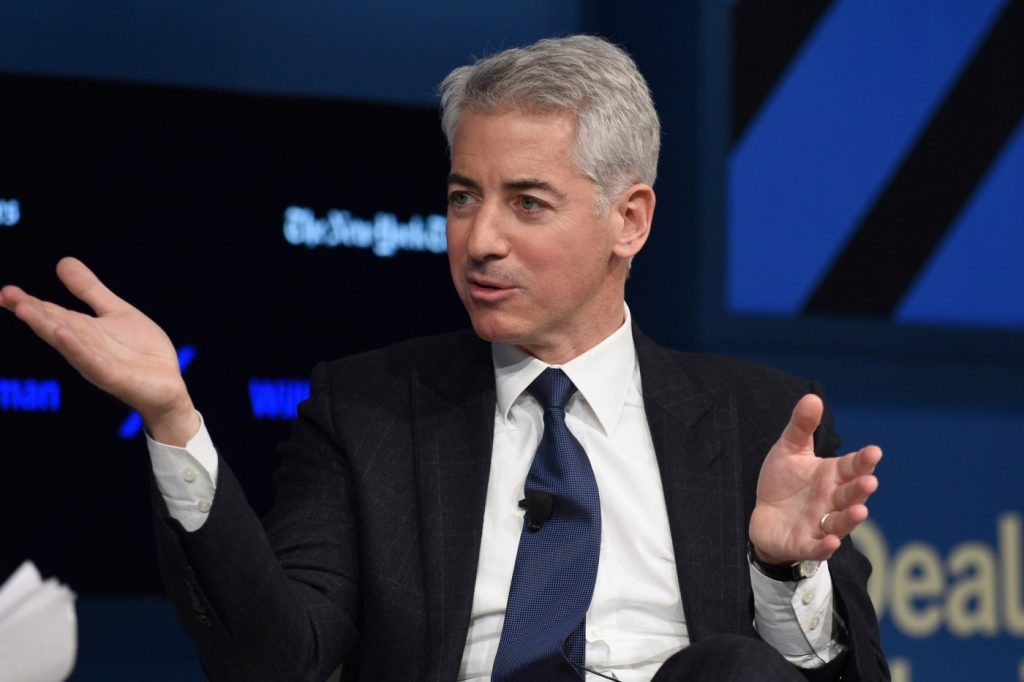The furor over corporate diversity, equity and inclusion programs has turned so explosive that it’s never been busier for specialists on the topic.
Some companies are cutting back on DEI initiatives while others are disbanding them altogether. Many more are hurriedly reconfiguring their policies, striving to avoid lawsuits from conservative activists as they attack diversity programs.
That’s led to a flurry of requests for audits from law firms and consultancies who specialize on diversity in the workplace.
Take Kenji Yoshino, a constitutional law professor at New York University and one of the country’s leading experts on DEI. He says inquiries from Fortune 500 companies have surged since June, when the Supreme Court banned universities from using race as a factor in admissions and opened the gateway for legal challenges to corporate diversity hiring practices.
He’s taking calls from a potential new client every week, and estimates he’s presented to about 75 companies since last summer.
“The appetite for this is just going through the roof,” Yoshino said in an interview from his NYU office. “It’s exponential and there’s no end in sight.”
The executives are warding against conservative groups, who, emboldened by the court’s decision, have been launching lawsuits and complaints against diversity programs across corporate America. DEI initiatives, they argue, amount to reverse discrimination and must be legally challenged. Billionaires Bill Ackman and Elon Musk have joined the cause, further amplifying the backlash over these programs.
Jason Schwartz, who runs a DEI taskforce at law firm Gibson Dunn, said he’s also seen a huge volume of demand for legal counsel.
“Lots of clients are wanting to do audits, review all DEI efforts, board diversity, socially conscious investing to assess risk and figure out what — if any — changes they want to make,” he said. “There is a never ending tide of stuff.”
Public relations professional Lindsay Singleton, who advises firms on their communications strategy around diversity, says clients who were never interested in strategizing on DEI before are now clamoring for research and advice on messaging.
“Companies are revisiting their DEI programs and looking at them with legal to figure out: how do we protect ourselves, how do we talk about it?” said Singleton. “There’s a realization that whatever you say to an internal audience is going to be shared with external audiences.”
Still, though the legislative landscape is uncertain, Schwartz said clients are looking for ways to continue their diversity efforts. Gibson Dunn is representing the Fearless Fund, a venture capital firm which is being sued over its grant program for women of color.
“Right now, you need a lot of creativity and tolerance for risk,” Schwartz said. “All of the banks I have been talking to, their view is we are not going to overreact and abandon our programs. ‘We don’t want this place to look like it did in 1950. We want to do it in a lawful way but we’re not going to run away from it’.”
Bloomberg News asked DEI experts to help explain the connection between the Supreme Court decision on affirmative action and what’s next. Answers are based on interviews with experts including Yoshino and Schwartz, as well as articles written by law firms Duane Morris and Perkins Coie.
What’s the connection between the Supreme Court’s decision on affirmative action at universities and corporate America?
The decision by the Supreme Court in June doesn’t have a direct bearing on employer policy — but it says a lot about where the court may go next. That’s because rules governing discrimination in university admissions and in employment come from different parts of the same laws: the Civil Rights Act of 1964 and the equal protection clause of the US Constitution’s 14th Amendment.
Related Articles
Trump calls Facebook ‘enemy of the people.’ Meta stock sinks
Biden’s budget includes tax breaks for families, hikes for the wealthy
An elderly California woman was targeted in a mortgage scam to take her home then killed in a murder-for-hire plot, sheriff says
Tech, biotech companies trim Bay Area jobs as fresh layoffs surface
Travel Troubleshooter: Lyft surprised me with a $150 cleaning charge. Is this allowed?
Companies have been allowed to recognize race as part of their employment selection criteria under rules governed by the Equal Employment Opportunity Commission (these are codified as part of Title VII in the Civil Rights Act). And the EEOC said that the court’s June decision “does not address employer efforts to foster diverse and inclusive workforces or to engage the talents of all qualified workers, regardless of their background.”
Still, two weeks after the Supreme Court handed down its opinion, 13 state Republican Attorney Generals wrote to CEOs of the 100 largest U.S. companies, warning them that DEI policies could violate laws on racial discrimination.
The letter confirms that the Supreme Court’s decision could accelerate challenges to a corporation’s DEI efforts and that employers need to carefully evaluate whether their policies could face the threat of litigation, according to Gibson Dunn.
Experts believe the court’s views on race-conscious admissions will ultimately carry over in some fashion to corporate employment policies, and have been advising their clients to bring their DEI programs in line.
What corporate programs are at risk?
Yoshino says there are three criteria that can make a DEI program risky: 1) a preference for certain individuals over others; 2) when this preference is bestowed on a legally protected group: people of a certain race, color, religion, national origin or sex; and 3) when a policy relates to a palpable benefit like a job, pay rise or development opportunity.
Though the exact boundaries may still be unclear, outreach efforts aimed at convincing more people of color to apply to positions aren’t likely to raise red flags, but fellowship programs open only to minority candidates might. Similarly, calibrating compensation around diversity within a specific team could raise alarm bells while vaguer, company-wide goals might not.
So if a company policy says a manager will get more of a bonus because they have a racially diverse team, or if a fellowship exhibits a preference for a protected group such as people of color, then it is legally perilous, according to Yoshino.
If a company has unconscious bias training for everybody at the firm, then that’s legally safe because it’s not directed at a particular group and everybody goes through it, he said.
When will we know more about what’s legal?
Related Articles
Judge who dismissed case against violent California white supremacist is no stranger to tough decisions
Letters: Harvesting water | Open inquiry | Smarter spending | Daylighting law | DA recall
Court reverses East Bay murder convictions, says judge allowed DA to excuse jurors based on race
Antioch flies Pan-African flag for first time in honor of Black Americans
Tesla faces 5,977 Black workers in Fremont factory racism lawsuit
The Supreme Court may add a new wrinkle to laws around employment discrimination in June. It heard arguments late last year in Muldrow v. City of St. Louis, a case in which a female police sergeant alleged that she was reassigned to a less prestigious role because she is a woman.
The City argued that the transfer couldn’t constitute a violation of the Title VII anti-discrimination law because it wasn’t significantly harmful to her as it didn’t result in a change in her pay or title. The sergeant argued that the treatment was still damaging and unlawful because it was based on her gender. The justices seemed receptive to the sergeant’s arguments.
The court may confine its judgment only to job transfers. But external lawyers say a wider decision could put companies at risk of an array of reverse discrimination suits for things that aren’t currently deemed palpable benefits. For example, companies that offer mentoring or coaching opportunities only to members of a certain protected class might be at legal risk from someone who argues that not being included is damaging to them. A very broad ruling could discourage employers from offering any development or retention programs specifically for women or people of color.
“As a practical matter,” wrote lawyers for Duane Morris, companies should identify every program that makes such distinctions and “either eliminate the exclusions or modify them so that they are not based on gender, race or other protected characteristics.”
With assistance from Ava Benny-Morrison and Jeff Green.
©2024 Bloomberg News. Visit at bloomberg.com. Distributed by Tribune Content Agency, LLC.


